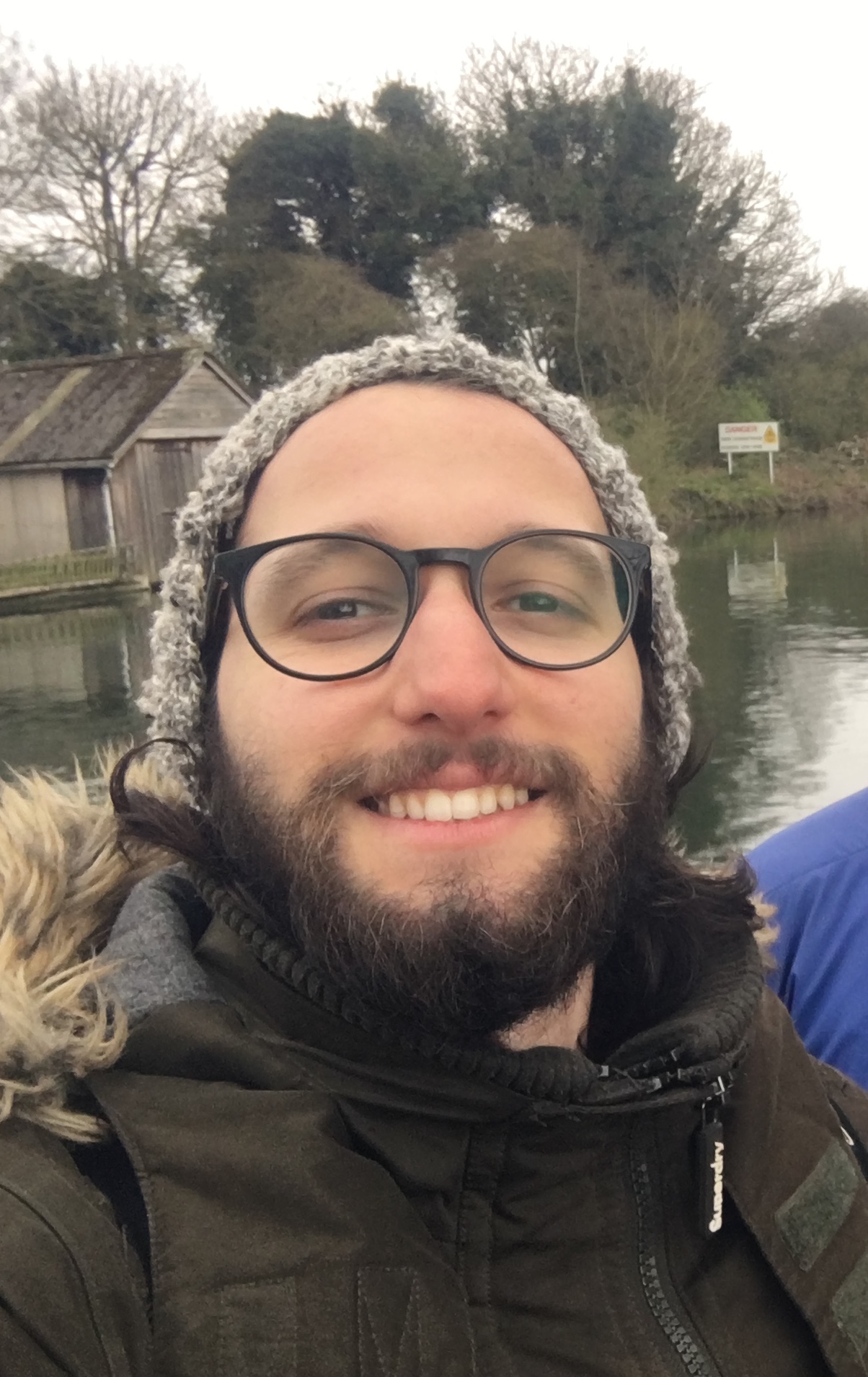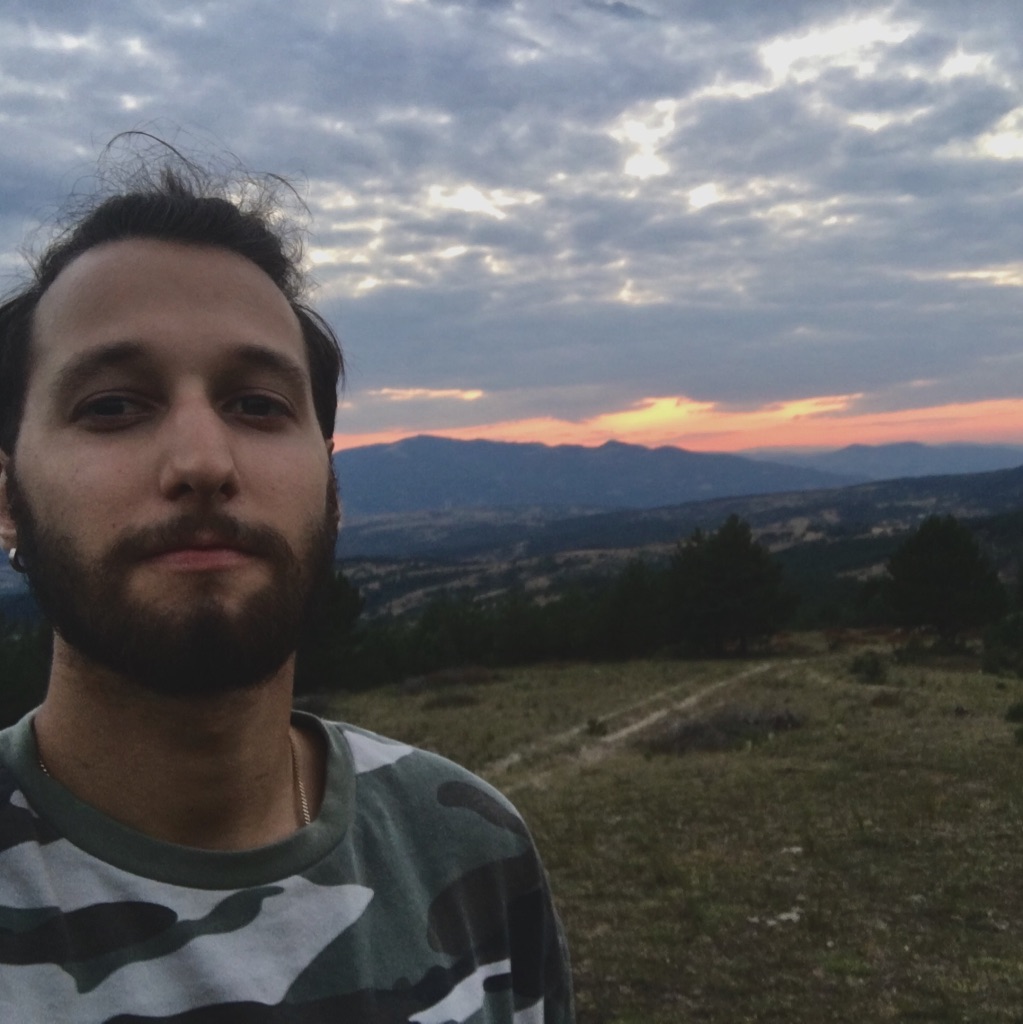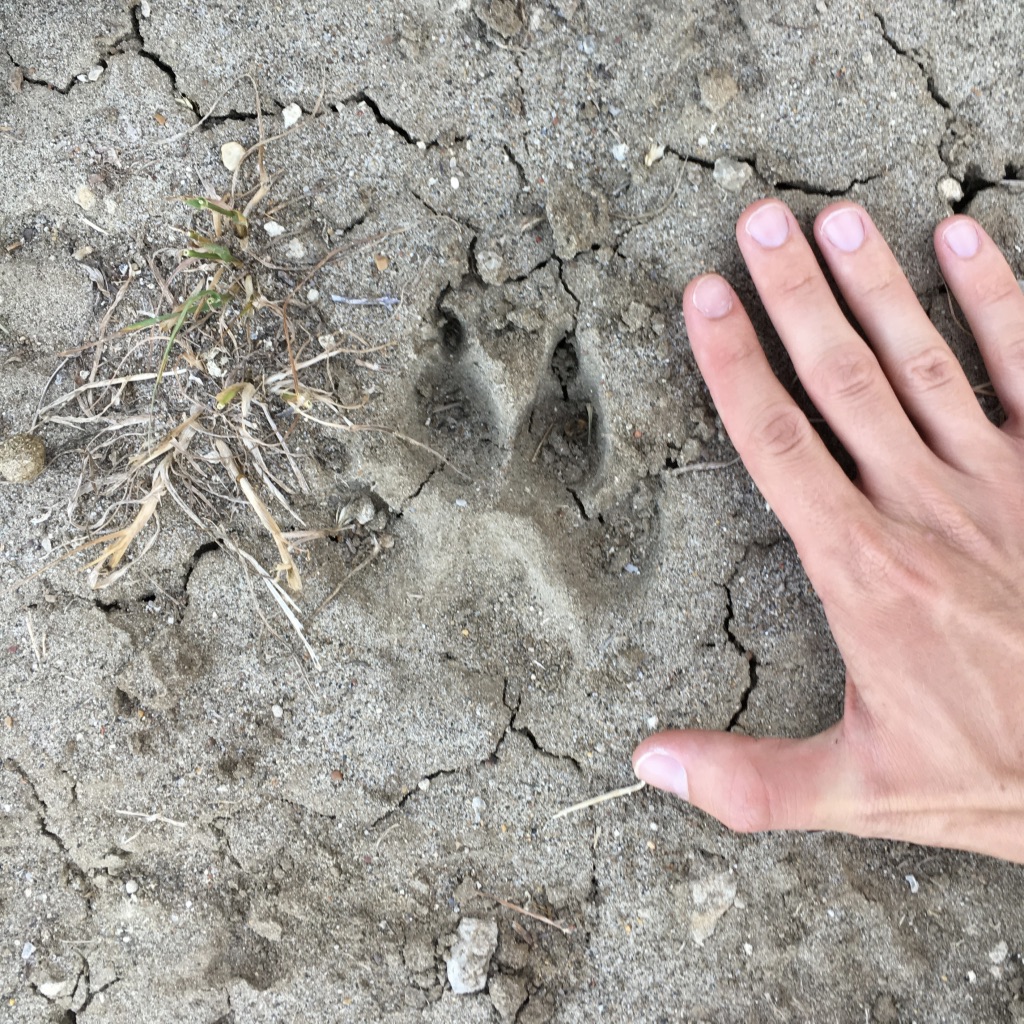We are looking back on some of our MSc graduates who have excelled in scientific research, ecology and conservation around the world since studying with us.
Today we meet Valerio who graduated from MSc Conservation Science and Policy in 2018 and is now a first year PhD student in the Department of Geography at the University of Cambridge.
Hi Valerio, it’s only been a few years since you studied with us, why don’t you tell us a bit about your career in that time that led you to where you are now?

After graduating from my masters, I worked for a year for the charity Royal Society for the Protection of Birds, in London. My main role involved raising awareness about nature conservation to the wider public and increase membership support for the RSPB. However, I soon realised that what I truly enjoyed and wished to do was scientific research. So I started looking up PhDs and applied for a few while working. Long story short, I didn’t manage to get onto a PhD project the first time around. I saved up some money while working and, when PhD applications opened again, I decided to quit my job and dedicate all my time and effort to make the best possible PhD application, including writing my own project proposal and applying for funding from various sources. In the meantime, I had managed to get a couple of papers published, which helped me with my application. I won funding for my PhD at Cambridge, which I started last October (2020).
Why don’t you give us a bit of background about what made you choose to study both your BSc and MSc with us at the University of Exeter Cornwall Campus?
I think people are generally in a very good/happy mood because they live in such a relaxed environment, near the sea and away from the chaos of the big metropoles. This does make a big difference when you’re interacting with people daily, and I would say that it takes a lot of stress and pressure off your mental health. There are also so many great researchers, incredibly dedicated to their field, which will inspire you to pursue a career in what you like the most. It’s a very supporting, friendly and productive environment overall.
What did you most enjoy about studying at the University of Exeter?
The campus facilities were fantastic, especially the library where I spent a lot of my time. I also found the campus atmosphere very intellectually stimulating. Being surrounded by students and scientists all the time was inspiring and motivating. I found everyone was also always very keen and available to address any of my questions or concerns, which made my student experience very enjoyable.
Do you have any highlights?

The lecturers in my course were among the best scientists in their fields, which meant their lectures were always very interesting and insightful. The field trips were amazing and stimulating. I was lucky to study two degrees at the University of Exeter which meant I could visit both South Africa (Undergraduate) and Kenya (Masters). You learn so much by being out in the field and experiencing in person the otherwise abstract stuff you only read on books and papers. The university has got great links with people and organisations on the ground, which means that on the field trips you get to engage with local practitioners, wildlife managers, etc. For instance, during my field work we were lucky enough to be lectured by national park rangers and local scientists, we also visited local people and engaged in workshops and focus groups with them to learn about how they were experiencing conflict with wildlife. The support I received throughout my course was also great, not just by the lecturers and staff but also by mature students. For instance, I remember having multiple meetings with PhD students and postdocs for specific advice on my project, and they were always available. I’m still in touch with some of them now, which is exciting.
How do you think the MSc help prepare you for your next steps?
Research skills were definitely the most helpful. I’ve learnt a lot about how to design, write and disseminate my work, but also about interdisciplinarity and ethics in research, which helped me secure my current position. I’ve also contacted the careers team at the Penryn campus several times to help me prepare for interviews and go over my cover letters, CV, etc. This has provided me with invaluable insights about how to write applications, what to expect from interviews, and how to deliver successful performances. I’m very grateful for all that support. The fieldworks were great to gain hands-on experience on many things, from conducting focus groups with local people to censusing and studying the behaviour of wildlife populations. These activities have helped me develop my repertoire of conservation skills and win funding for the research I’m currently conducting.

What attracted you to a career path in Academia?
I am passionate about research, and fascinated by learning and developing new understanding about things. I find research is what I am good at, and it is the best contribution I can make towards the improvement of current societal/environmental issues. Of all things, research is what I enjoy doing the most. I could spend hours upon hours just collecting data, reading papers, sketching down ideas and writing them out, without even realising.
Is there anything particular you enjoy most?
There are many aspects that I enjoy about my work. One of them is being part of a huge scientific community from every part of the globe. I find there is something homely about that; something soothing and comforting. It’s hard to describe it in words but, for instance, it is something that has kept me from feeling lonely even during the repeated lockdowns of this pandemic. Another aspect is intellectual stimulation. There is always something new to learn and study, and I find this very exciting.
Finally, do you have any advice for those looking to pursue something similar?
Perhaps, don’t be discouraged by rejections and don’t be too hard on you when/if your applications are not successful. Be brave and make bold decisions, and, as hard as it may be, try to have a clear objective in mind. Don’t underestimate the value of surrounding yourself with supportive people that will help you come out stronger from rejections and that won’t put pressure on you. Try to build good and productive relations with your supervisors, lectures, etc. and try to make the most out of them in terms of the insightful advice and support they can provide you with. I would safely add, don’t neglect a healthy work/life balance.
Thank you Valerio!
If you want to read more profiles from MSc Conservation Science and Policy graduates follow this link or explore our Graduate in Focus homepage to learn more about the degree programmes we have on offer!

